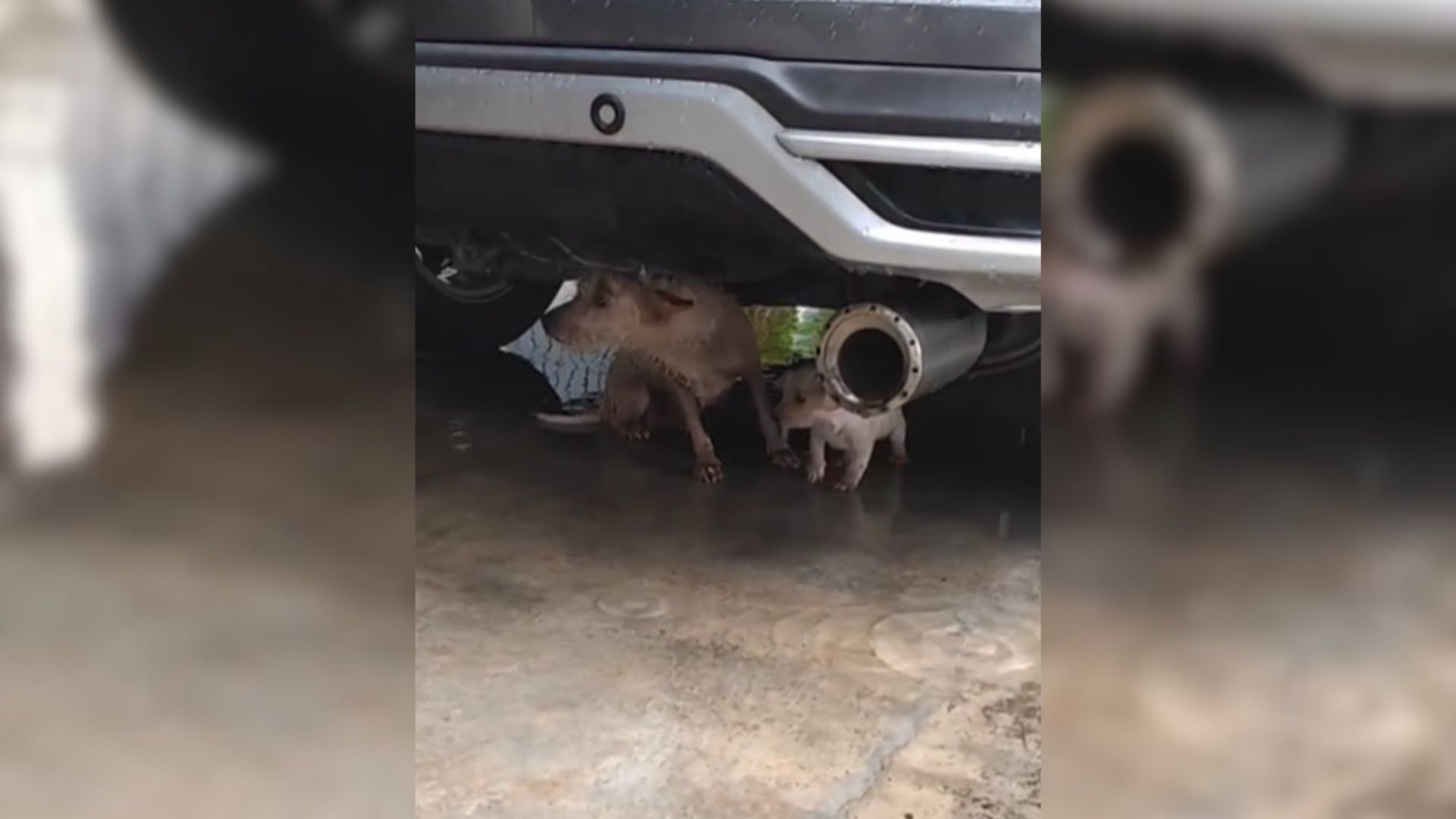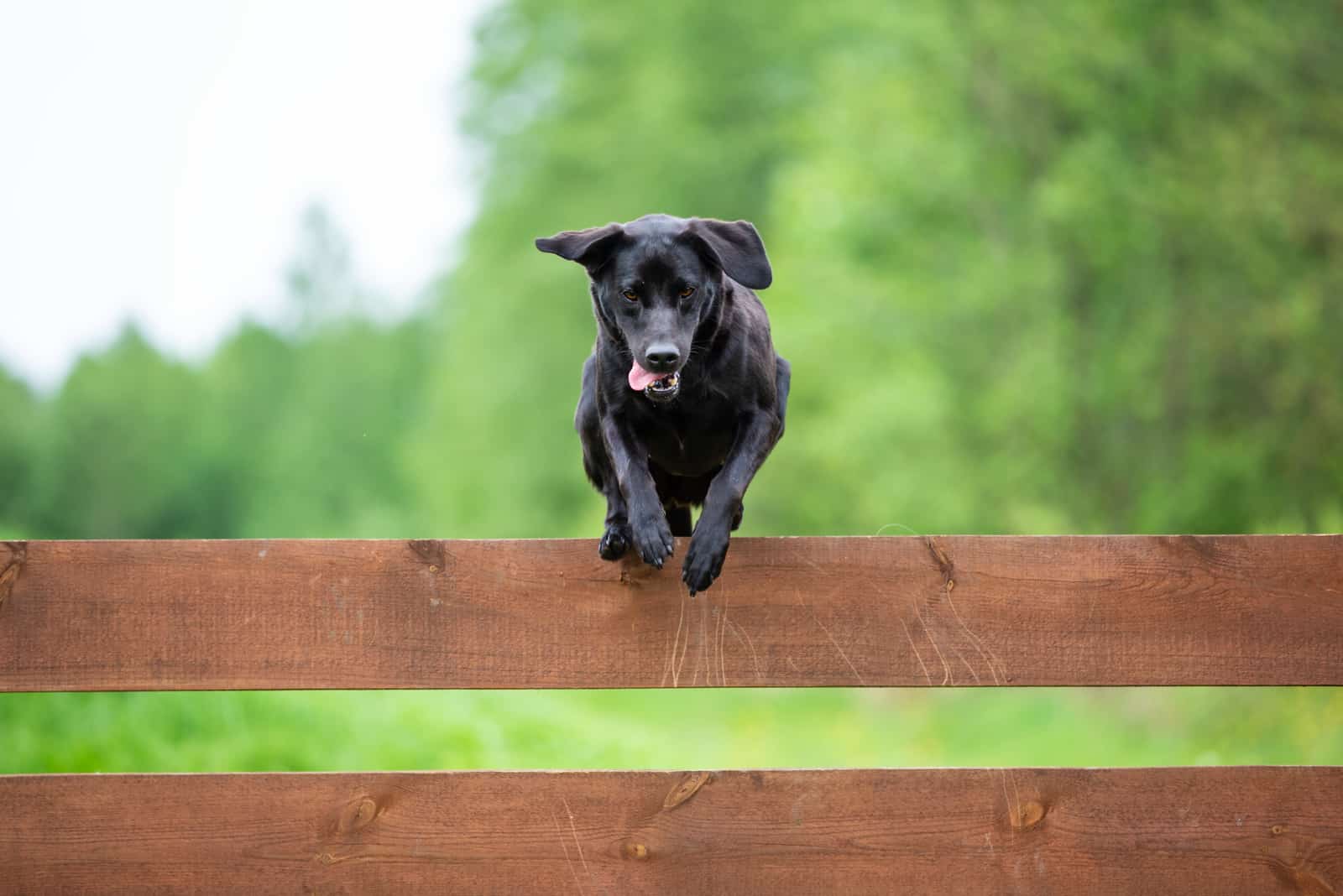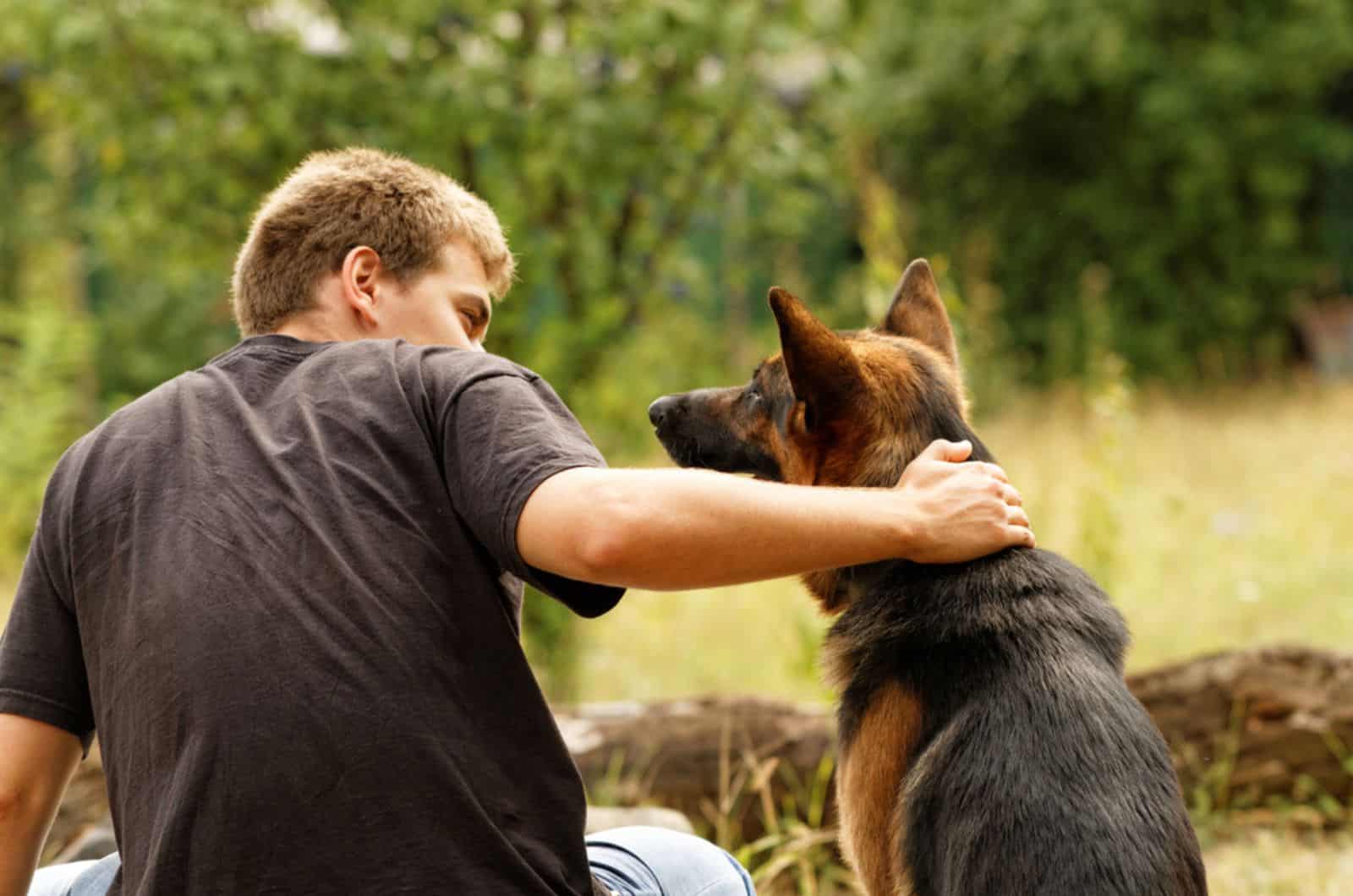Do German Shepherds have a high prey drive?
To answer this question, we must first get to know the German Shepherd dog breed.
As most of you already know, German Shepherds are working dogs with impeccable work ethics. While they might serve as companions, these dogs still need a firm hand to handle them… someone who will show them what’s proper behavior and what’s not.
Letting their prey drive go nuts is a clear example of a bad behavior.
Just like all the other dogs, German Shepherds have a prey drive. But, the question is not whether they have it, but how big it is.
Take their buddy, the Poodle, for example. They’re all fluffy, cute, and sweet, but they’re dogs with one of the best prey drives in the world. The appearance is not linked to it, whatsoever.
So, does this mean a German Shepherd won’t be after small animals? I mean, they look all tough… Does it work the other way around?
To learn that, you must keep on reading and support us. German Shepherd dogs don’t manifest their prey drive the way other dogs do. German Shepherds are special dogs, and you’re about to see that point become valid.
So, Do German Shepherds Have A High Prey Drive?

Yes, the answer is positive. However, it’s not like with other dogs.
Hunting (or gun dogs) have an extra sensitive prey drive. It’s super high and able to detect prey within milliseconds. Take gundogs like Setters, for example. These good boys and girls can track a scent and hunt it down before you blink.
But, German Shepherds are nowhere near that. These dogs can serve as hunting dogs, but they don’t have an extra sharp prey drive. But, they are impeccable working dogs, and as such, their high prey drive will be even better.
When I said a GSD’s prey drive manifests in different ways, I really meant that. To understand this, we must go on a little trip back through the past and learn how German Shepherds were bred, and what they did to get into this position – the position of one spectacular, hard-working dog.
What Is Prey Drive?

The definition of prey drive is not something that’s supposed to confuse you. There’s a pretty logical and simple answer to the question: what is prey drive.
You see, dogs are pretty much domesticated wolves. They still have those hunting instincts buried inside them. Some breeds have them more prominently, while others have them hidden very deeply. German Shepherds are one of those dogs with a more prominent prey drive.
A dog’s prey drive is his instinct to chase down smaller animals… something he might consider to be prey. That’s why companion dogs tend to chase squirrels or cats. They have no intention of eating them, but something inside them tells them it’s the right thing to do to chase them,
Of course, if you’d have to deal with a wolf dog or a pure wild wolf, you’d notice that the prey drive is there not for fun, but for getting them food. A wolf would easily run after a small animal if he was hungry.
The Origin Story: Why The Strong Instincts?
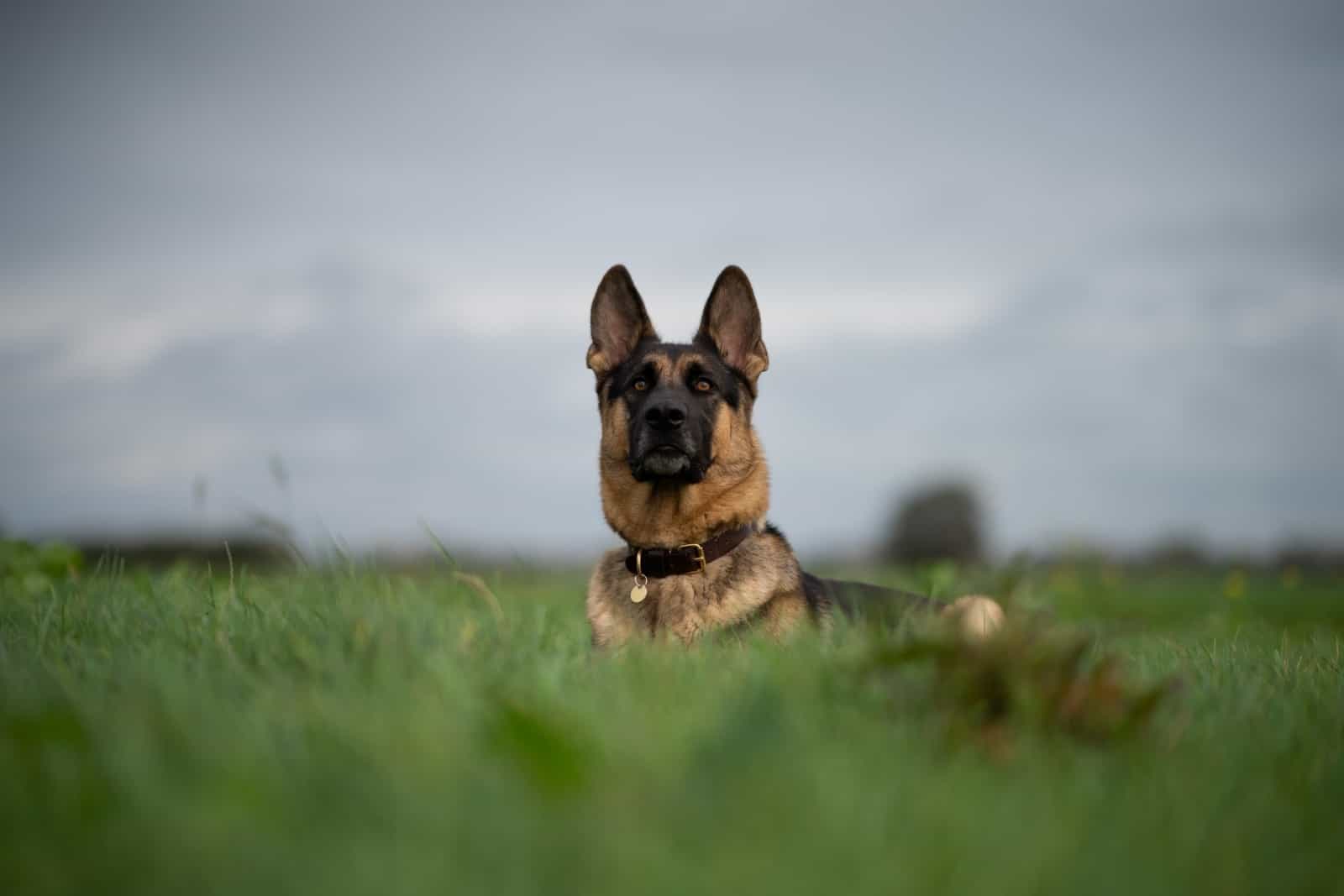
Thanks to Max Von Stephanitz, we have German Shepherd dogs today. But, what inspired this German military officer to breed German Shepherds in the first place?
When Von Stephanitz joined the military forces as a cavalry officer, he was truly amazed with a certain shepherd dog that was threatened to become extinct. With some experimenting and researching, the German Shepherd was born.
The breed was polished over the following decades, but one thing remained unchanged: their exceptional work skills.
German Shepherds were bred to be the best of the best – the only working dogs you’ll ever need. Thanks to their shepherding origins, their work ethic became the finest in the entire canine world. Hence, the prey drive that ranges from normal to extra high.
The first German Shepherds were used as livestock protection. They chased away predator animals like coyotes, wolves, and bears. Their bite force is strong enough to compete with wild creatures!
German Shepherds were always hard working dogs, and they soon found their use in military and police forces.
Thanks to their athletic build and high stamina levels, German Shepherds became useful in search and rescue missions. When designated to work with partners, the German Shepherds’ role was to catch enemies, and defend their partners in case of danger.
And, yes… they were (still are) exceptionally successful at it.
Besides heavy police work, a German Shepherd’s defense drive is highly appreciated for personal protection. People value this dog’s natural instinct because they always put their family members first.
Does Prey Drive Equal Aggression?
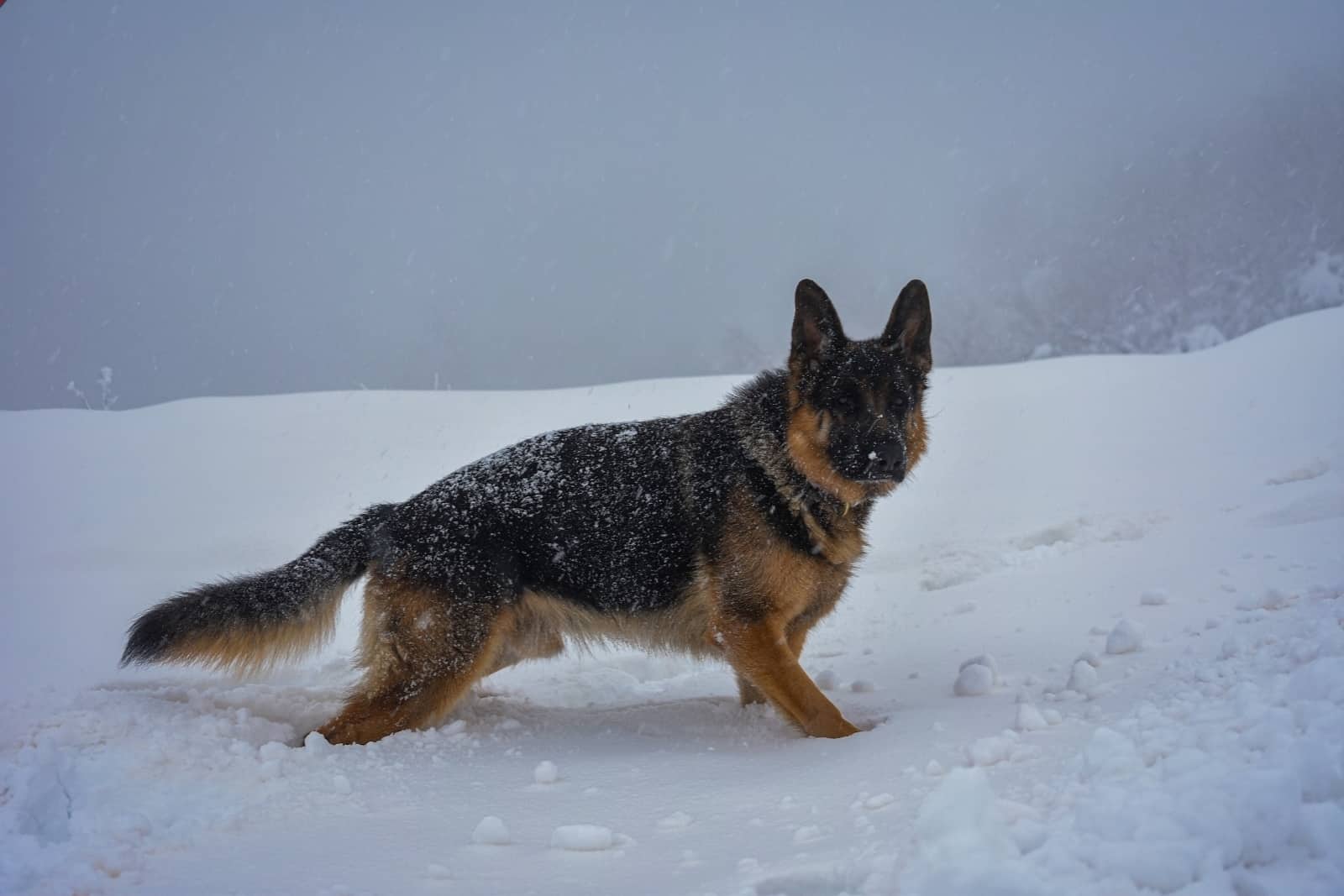
No… don’t ever think that a high prey drive is supposed to equal aggression.
Our German Shepherd buddies are a clear sign that’s not the case.
You see, German Shepherds are not aggressive dogs no matter how hard some people try to present them as being aggressive. These are intelligent creatures, and they know very well who to hurt and who not to hurt.
German Shepherds are actually quite kind and sweet, especially around young people and children.
See… their high prey drive does not equal aggression.
But, why do some people work so hard to portray GSDs as aggressive dogs?
The problem lies with some unreliable dog breeders. Unfortunately, there’s more of them than good, reputable people. Unreliable breeders don’t really care if they breed healthy dogs or dogs without any behavioral issues. The only thing they care about is making enough money.
But, when you breed a generation of puppies coming from parents with behavioral issues, you’re bringing more potential problems into the world. Those puppies will, perhaps, give birth to more puppies further along, and thus, bring more behavioral issues into the world.
Another huge problem arises when a breeder doesn’t socialize his puppies. This brings along aggressive behavior. Puppies don’t know how to behave. They don’t know what proper behavior around new people and animals is. And, aggression is the answer when we’re afraid of the death of something.
Thanks to a bunch of unreliable breeders and dog owners who use German Shepherds for bad causes, we now have a poor reputation that tends to stick on with our German Shepherd buddies.
The bottom line is: do not equalize aggression and high prey drive. I mean, Poodles have a high prey drive, and they’re not aggressive at all, right?
Handling A German Shepherd With A High Prey Drive

The only way you can handle a German Shepherd with a high prey drive is to have him or her professionally trained.
Now, I’m not saying you’re not capable of training your dog at home, but you do need to be aware that this is a strenuous task, and something that requires time.
Training a German Shepherd is not child’s play. These dogs need someone experienced – a firm hand that will assume the role of the alpha. If you don’t have the time and the nerves to train a GSD at home, don’t even start it.
I always recommend investing into dog training because that’s what really pays off. You can do the socialization part as much as you want, but let the professional handle the training.
Handling German Shepherds with a high prey drive can be a bit overwhelming, so don’t just run head first into it.
What Is Reliable Recall?
Reliable recall is the best approach to dog training you can have, especially if you’re training a dog with a high prey drive like our German Shepherd or any other dog similar to this breed.
Simply put – it’s an obedience lesson that will make your GSD return to you immediately after you yell out the command. Reliable recall is supposed to work in 99% of the cases. Basically, when you notice your dog’s attention is elsewhere, potentially on prey, you shout out commands like come, or here.
When your dog responds and comes back to you, you must reward him with a treat or praise.
Reliable recall should be practiced as much as any other command because this will teach the dog to assess the right prey. For example, neighborhood dogs are not prey. But, people approaching you in the dark are.
To Sum Up…
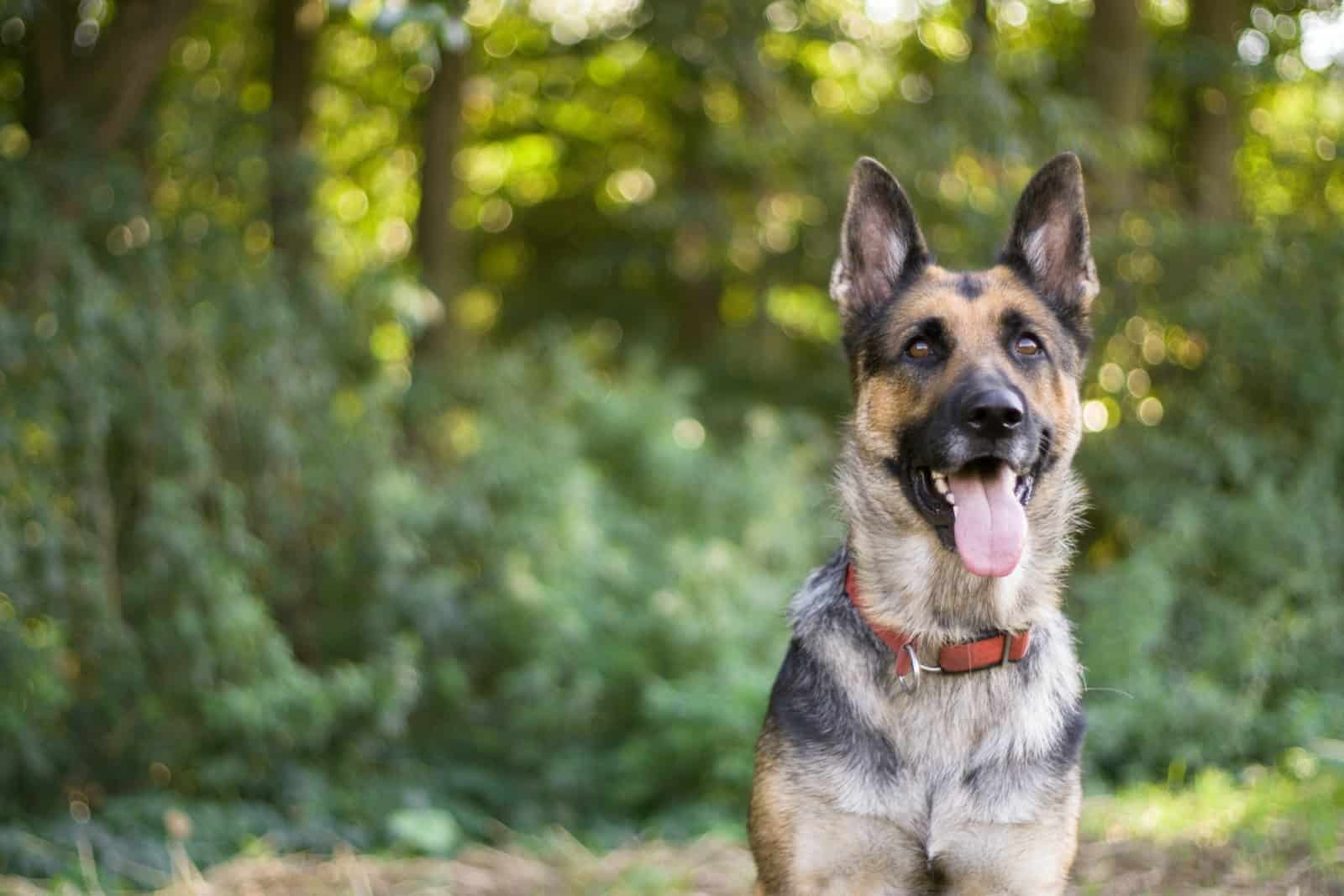
So, do German Shepherds have a high prey drive?
Yes.
Is that a big problem dealing with these dogs?
Not at all.
But, it could be.
German Shepherds are not dogs meat for inexperienced handlers and dog owners. These pups need a firm hand… someone who will socialize and train them the right way. They should not be left alone to socialize on their own.
If you let a German Shepherd pup do whatever he wants, you will end up with a dog with a high prey drive that doesn’t know in which direction to push it. You’ll end up with a semi-aggressive or aggressive pup with behavioral issues, and that’s not something we want.
Control your GSD’s high prey drive. It’s not something life-threatening, but in the wrong hands, it could be, so watch out.
Read Next: How High Can German Shepherds Jump? These GSDs Are High








